
Mauro Morandi: Living 33 Years in Complete Solitude on a Remote Italian Island
Mauro Morandi: Italy’s Modern-Day Robinson Crusoe
Mauro Morandi, an Italian man, chose a life of extraordinary solitude, living alone on a remote island off the coast of Sardinia for more than thirty-three years. In 1989, he moved to Budelli Island, a tiny island in the Maddalena Archipelago, initially intending a short stay. Over time, he built his own shelter, grew food to sustain himself, and established a simple daily routine. Morandi intentionally avoided regular contact with the outside world, embracing a lifestyle that was nearly entirely self-sufficient. His dedication to solitude and his commitment to the island’s care earned him international attention, with media outlets such as The Guardian and BBC News dubbing him “Italy’s Robinson Crusoe.”
A Life of Self-Sufficiency
During his decades on Budelli, Morandi developed skills to live independently. He maintained his shelter, prepared his own meals using locally available resources, and adhered to a structured, minimalist routine. While he occasionally interacted with visitors or authorities, these contacts were rare, allowing him to preserve his sense of isolation. Reports from National Geographic highlight his deep connection with nature and his role in protecting the island’s environment, demonstrating that his lifestyle was not only about solitude but also about stewardship of his surroundings.
The Science of Extreme Solitude
Researchers studying isolation often cite cases like Morandi’s as extreme examples of voluntary withdrawal from society. Psychologists and neuroscientists note that prolonged solitude can affect cognition, emotional regulation, and sleep patterns. Extended periods of isolation may lead to heightened introspection, changes in circadian rhythms, and shifts in how individuals process social and emotional cues. Psychology Today and studies from the University of Cambridge Social Neuroscience Group have explored similar phenomena, examining how voluntary solitude differs from imposed isolation and how human brains adapt to reduced social interaction.
Insights on Mental Health and Social Needs
Morandi’s story raises important questions about mental health, social connectivity, and the human need for interaction. While he appeared to thrive in his chosen lifestyle, his case underscores how rare and exceptional such long-term voluntary isolation is. Most research emphasizes that humans are inherently social creatures, and extended withdrawal can have complex effects on well-being. Scholars have studied comparable situations, such as hermits, monks, or individuals in remote research stations, to understand the impact of solitude on emotional stability, stress regulation, and cognitive functioning.
A Rare and Remarkable Example
Voluntary isolation of this duration remains extraordinarily uncommon. While Morandi’s story is exceptional, it provides insight into human adaptability and the diversity of lifestyles people may choose. Media coverage from The Guardian, BBC News, and National Geographic emphasizes the unique nature of his experience, highlighting the combination of personal choice, environmental interaction, and self-reliance. His life demonstrates how some individuals can thrive outside conventional social frameworks, offering a thought-provoking perspective on independence and resilience.
Looking Forward: Lessons from Solitude
Morandi’s decades-long isolation not only fascinates the public but also serves as a case study for researchers interested in the effects of solitude on mental health and human behavior. His story encourages reflection on the balance between social engagement and personal autonomy, while providing valuable anecdotal evidence for studies on loneliness, cognitive adaptation, and emotional resilience. As more researchers explore how isolation affects the brain and human behavior, cases like Morandi’s offer a rare window into the potential benefits and challenges of extreme voluntary solitude.
News in the same category


US Researchers Develop Ultra-Light Metal Foam That Stops Armor-Piercing Bullets

Japanese Scientists Launch Human Trials for TRG-035, a Drug That Could Regrow Lost Teeth Naturally
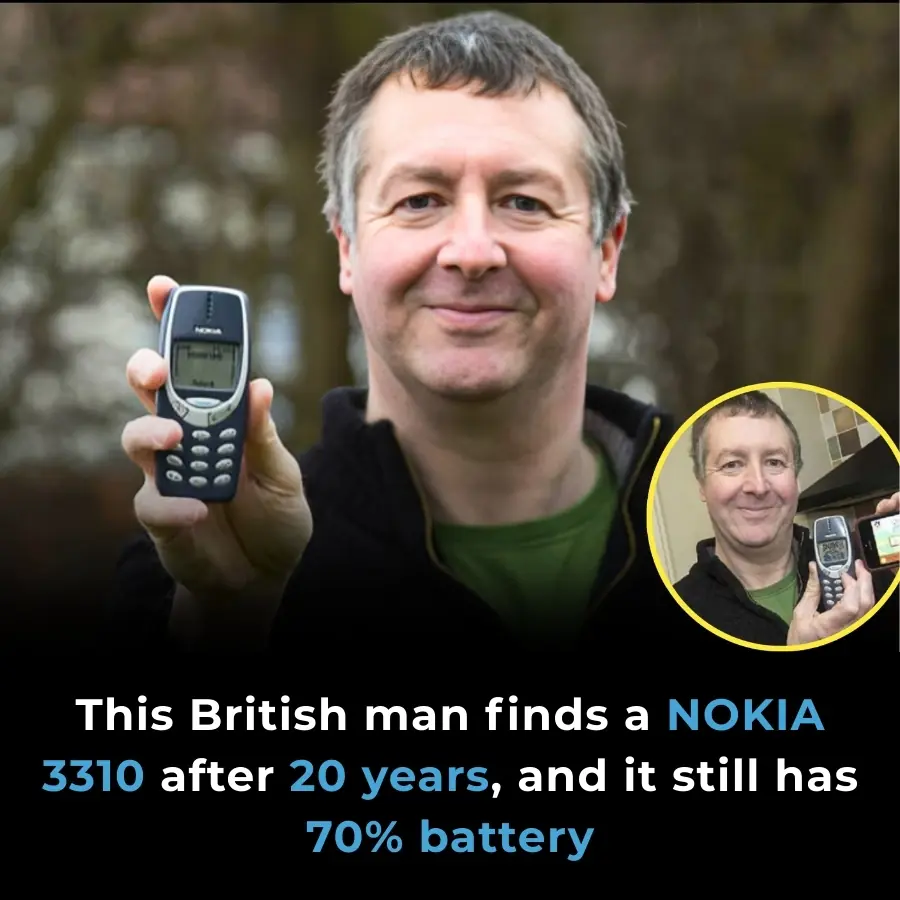
Twenty-Year-Old Nokia 3310 Still Holds 70% Battery, Highlighting the Longevity of Early Mobile Phones

Magnetic Rice-Sized Robot Could Revolutionize Non-Invasive Kidney Stone Treatment

4 Unusual Morning Pains You Should Never Ignore — They May Signal a Hidden Tumor

Warning: The 2 Foods That Trigger Cancer Risk the Most
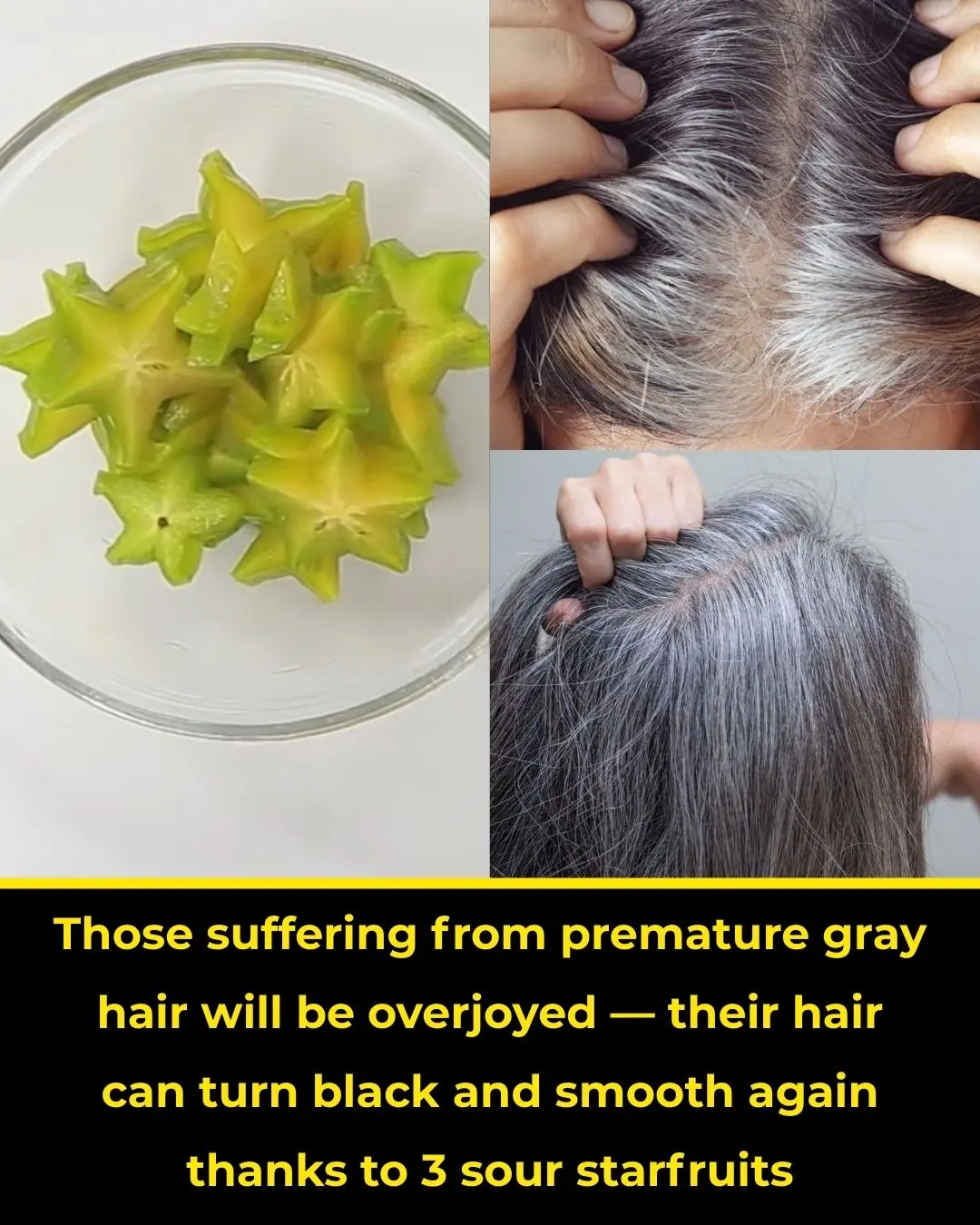
Reverse Premature Gray Hair with a Simple DIY Blackening Remedy Using Starfruit & Potatoes

Goodbye Cavities? A Future Where Teeth Heal Themselves May Be Closer Than We Think

She Lost Half Her Brain — But Rebuilt an Entire Life

Bone Cancer: The Silent Destroyer That Strikes From Within
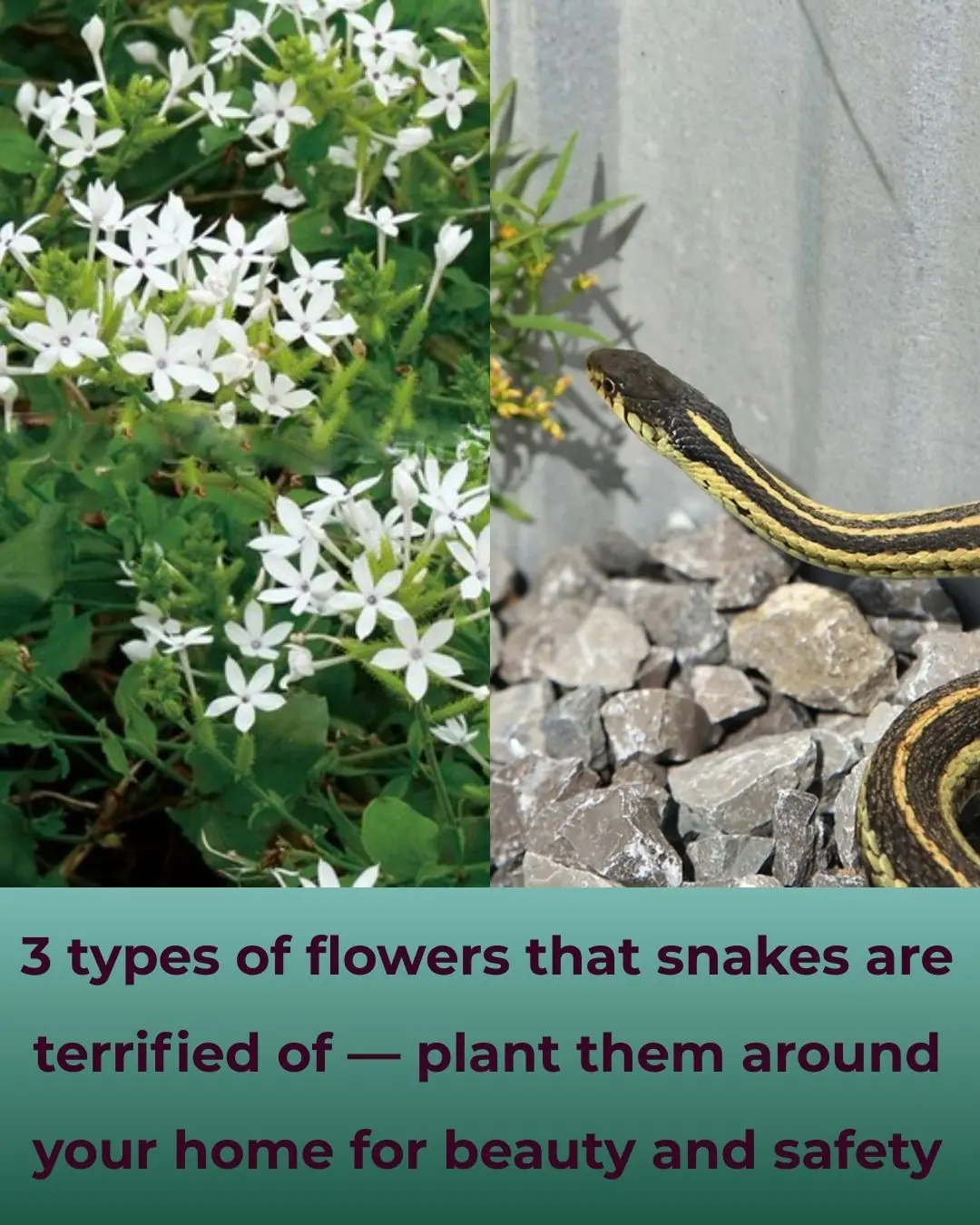
3 Flowers That Make Snakes Tremble in Fear

I was totally in the dark on this!

Most People Get This Wrong — Here’s How Often You Should Refresh Everything

You’re Storing Your Produce All Wrong — Here’s How to Do It Right

Mine Could Definitely Flower More

The Kid Who Was Surprised By Dad With Birthday Bat In Viral Video Hits Home Run With Bat And Dad Catches It

Delaware Post Office Renamed In Honor of Mary Ann Shadd Cary, First Black Woman Publisher
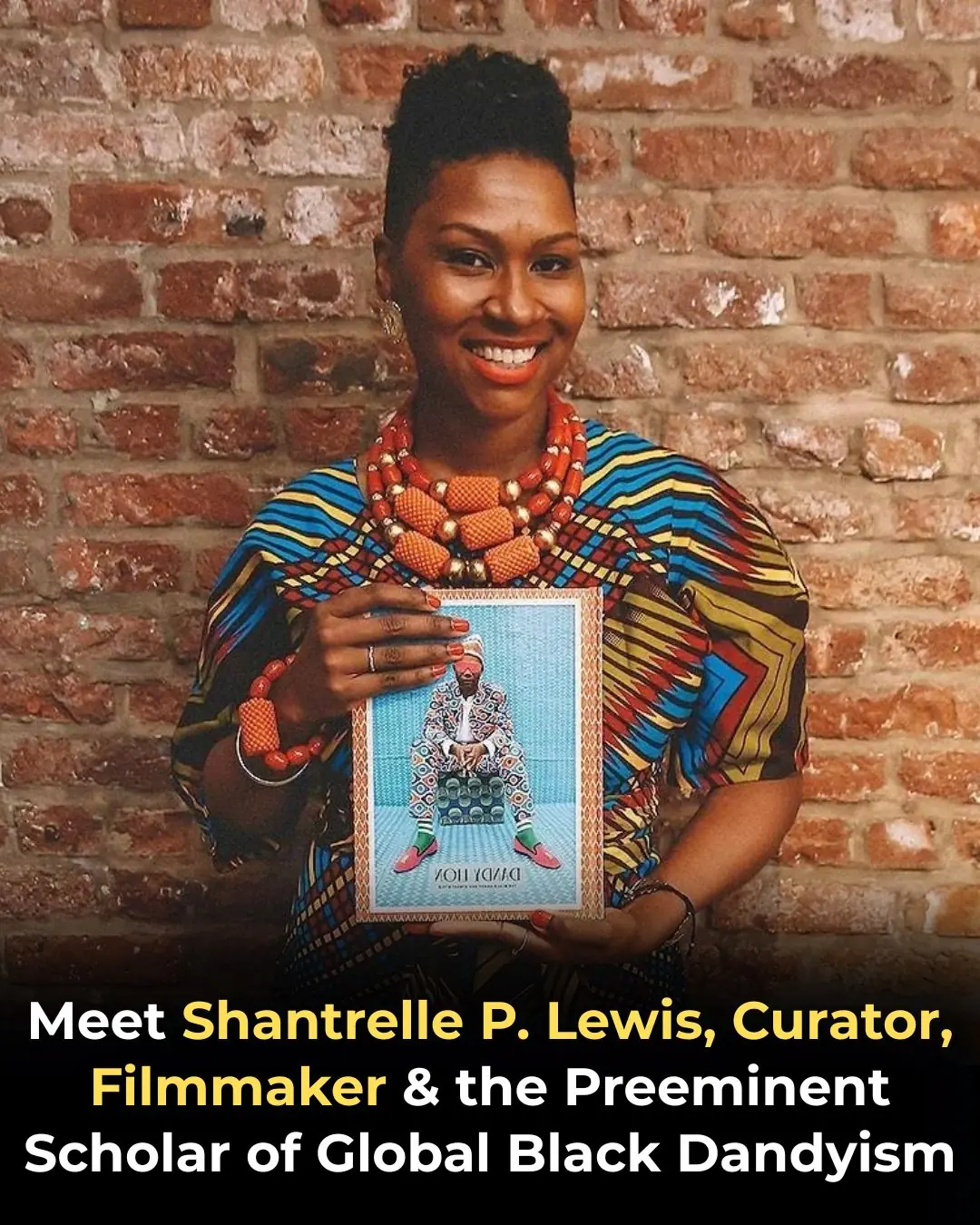
Meet Shantrelle P. Lewis, Curator, Filmmaker & the Preeminent Scholar of Global Black Dandyism
News Post

Study Finds Parents Show More Affection to Daughters Than Sons Worldwide

US Researchers Develop Ultra-Light Metal Foam That Stops Armor-Piercing Bullets

🛁 Say Goodbye to the Shower: Japan Unveils the 15-Minute "Human Washing Machine"

Fingerprint Individuality: A Story Written by Biology, Environment, and Chance

Northwestern Study Reveals Hidden Dangers in Youth Skincare Influencer Culture

Japanese Scientists Launch Human Trials for TRG-035, a Drug That Could Regrow Lost Teeth Naturally

Scientists Discover a Brain Receptor That Acts as a Natural Shield Against Alzheimer’s

A Fluorescent Breakthrough: New Dye Helps Surgeons Precisely Target Prostate Cancer
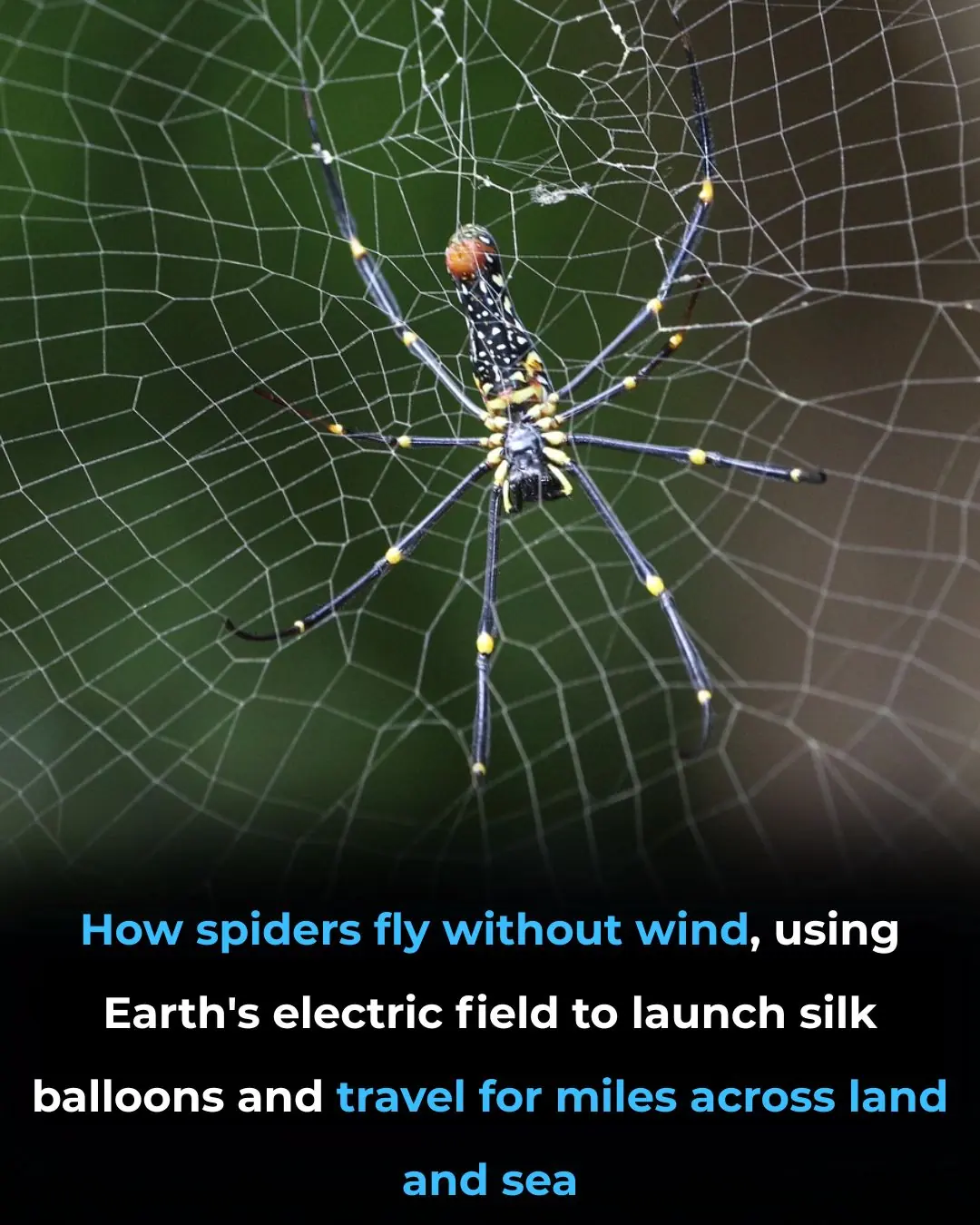
The Shocking Secret of Spider Flight: How Electric Forces Lift Them Into the Sky
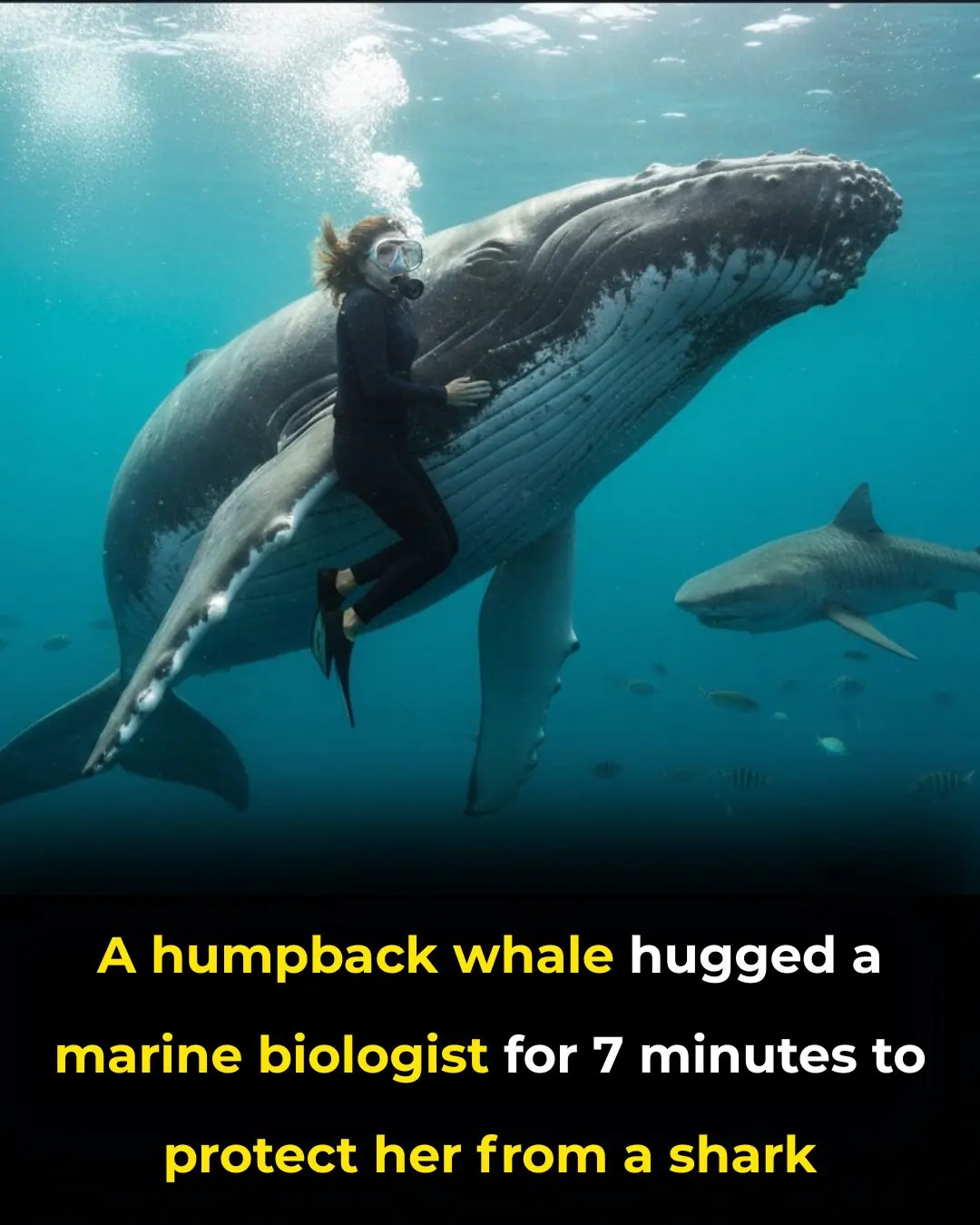
When a Humpback Whale Became a Hero: The Extraordinary Rescue of Marine Biologist Nan Hauser

🤯 Beyond the Void: How Quantum Physics Suggests the End of Life Is an Illusion

🧠 Medical Marvel: The Bullet That Accidentally Cured Severe OCD

One simple scoop a day can spark full-body healing — here’s what happens next

Twenty-Year-Old Nokia 3310 Still Holds 70% Battery, Highlighting the Longevity of Early Mobile Phones

Magnetic Rice-Sized Robot Could Revolutionize Non-Invasive Kidney Stone Treatment

4 Unusual Morning Pains You Should Never Ignore — They May Signal a Hidden Tumor

Quick & Easy Freezer Defrost Hack: Melt Ice in Just 5 Minutes with Zero Effort

A Love That Never Looked Away — The Story of Ron and Cheryl.
